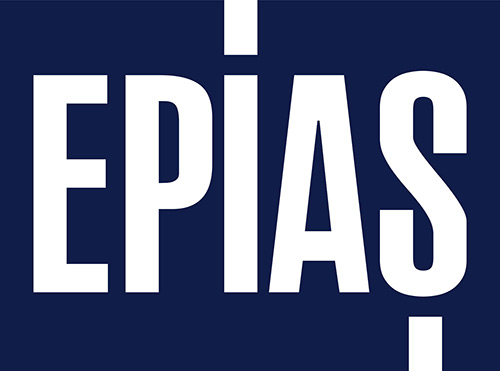General Principles
-
-
- Matchings in the Intraday Market are done by the continuous trading method, where orders can be matched immediately after they are included in the order book and a transaction can take place.
- Intraday Market participants notify the Market Operator via IDM 2.0 software of their Intraday Market orders for the next day starting at 18:00 every day until the Intraday Market gate closure time.
- Transactions are performed on an hourly basis. The Intraday Market starts at 00:00 on the day and ends at 00:00 the next day.
- The Intraday Market gate closing time is one hour before the physical delivery. Transactions in the Intraday Market can take place at any time until the intraday market gate closure time.
- The minimum and maximum prices for Intraday Market orders are determined by multiplying the minimum and maximum DAM price limits by the imbalance coefficients and adding them to the minimum and maximum DAM price limits.
- The upper limit value of the Order Trade Ratio (OTR) is applied as 1.000.
- The minimum order price sensitivity is applied as 0.1 TL.
- The time between saving and updating the orders is applied as 100 milliseconds.
- There are only hourly contracts. The orders for hourly contracts can be divided.
- Participants will be able to use the Fill or Kill (FoK), Immediate or Cancel (IoC) and term orders options available in the old IDM software in IDM 2.0.
- Participants can use the Price-Leveled and Time-Leveled orders options suitable for algorithmic trading, as well as the Iceberg order option, which is quite widely used in the world.
- A better price refers to a lower price in sales orders and a higher price in purchase order.
- In case of hourly counter-orders with an equal or better price for the same hourly contract:
- If the counter orders have equal quantity, it is all matched.
- If the counter orders don’t have equal quantity, matching quantity is equal to the lowest order quantity, which is partially matched.
- The price of the occurred transaction is the price of the orders entered first in the order book.
-























